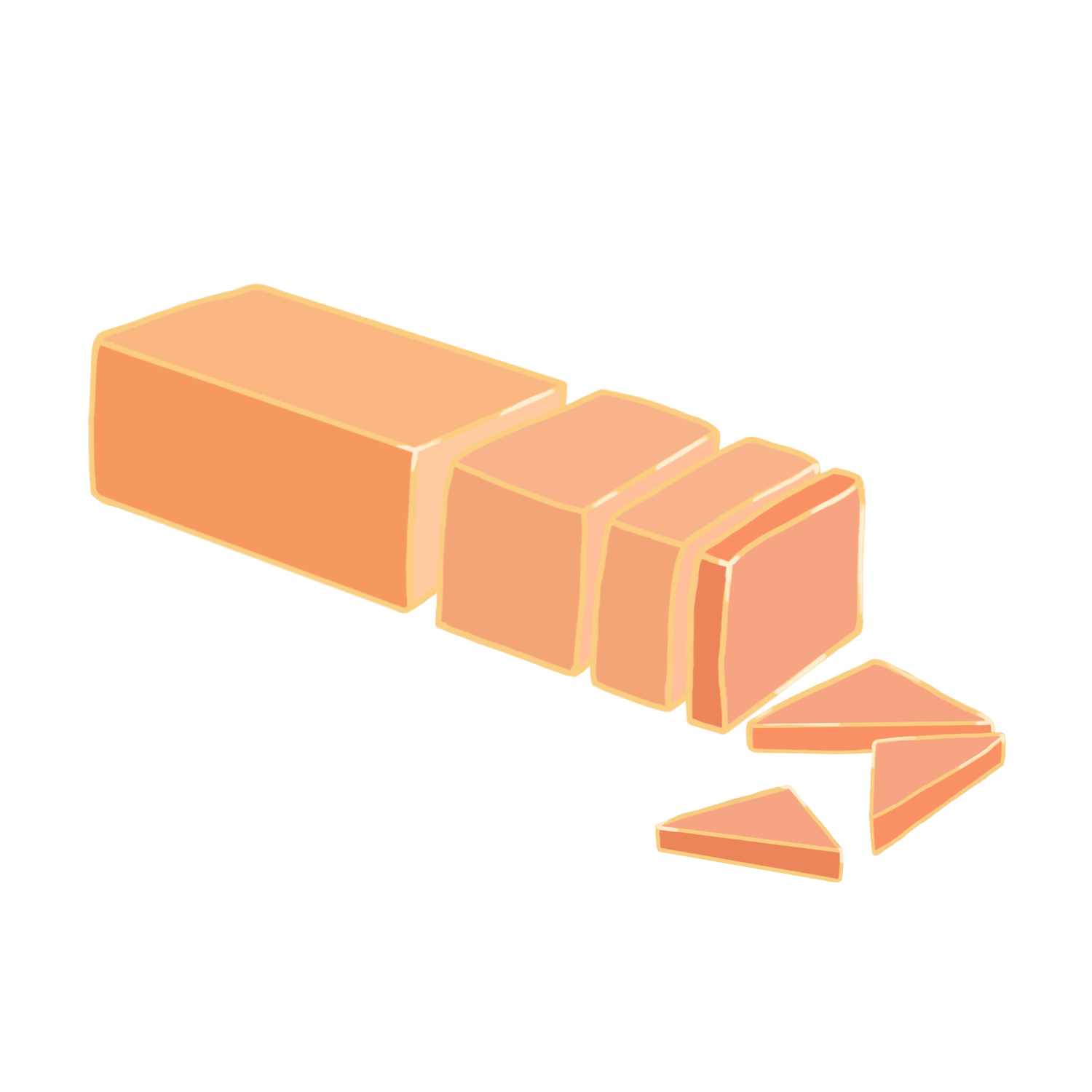Do Your Rules Incent Bad Behavior?
This week on The Amazing Race, teams had the opportunity to use a U-turn. The team that decides to use it picks another team they want to penalize by having them complete an extra challenge. Depending on the team's place at the time, it could be the kiss of death since the last team to arrive each week is usually eliminated. In previous seasons, the team that ultilized the U-turn had to post their picture next to it, so that all the other teams knew who did it. This season the producers have switched to a blind U-turn, which means a team could do it anonomously.
The first three teams to reach the opportunity, all declined, feeling they were in the lead and didn't need it. I turned to my family and said, "The closer it gets to YOU being on the line, the more likely a team is to use it." Meaning if you're in second to last place, and no other team has used it, you're much more likely to use the U-turn to ensure the last place team doesn't catch you.
But this time, the U-turn was used by a team that was not in danger of losing. Team four (out of eight) used it not for their own safety, but because their favorite other team was potentially in danger. Board games like Sorry and Parcheesi have very similiar incentives in place. When you send another player back to start, you get extra moves. My seven-year-old daughter often shows this same type of favoritism by sending her brother back instead of me. I have to encourage her to be more balanced and get me out at times as well.
This exciting episode got me thinking about how many rules - both formal and informal, written and unwritten, deliberate and unintentional - we have that incent our teams to stick it to each other rather than work together to collaborate. Many companies complain about departments working in silos, but often that's simply a product of the rules of the game. What other examples have you seen of rules incenting unintended behavior?
